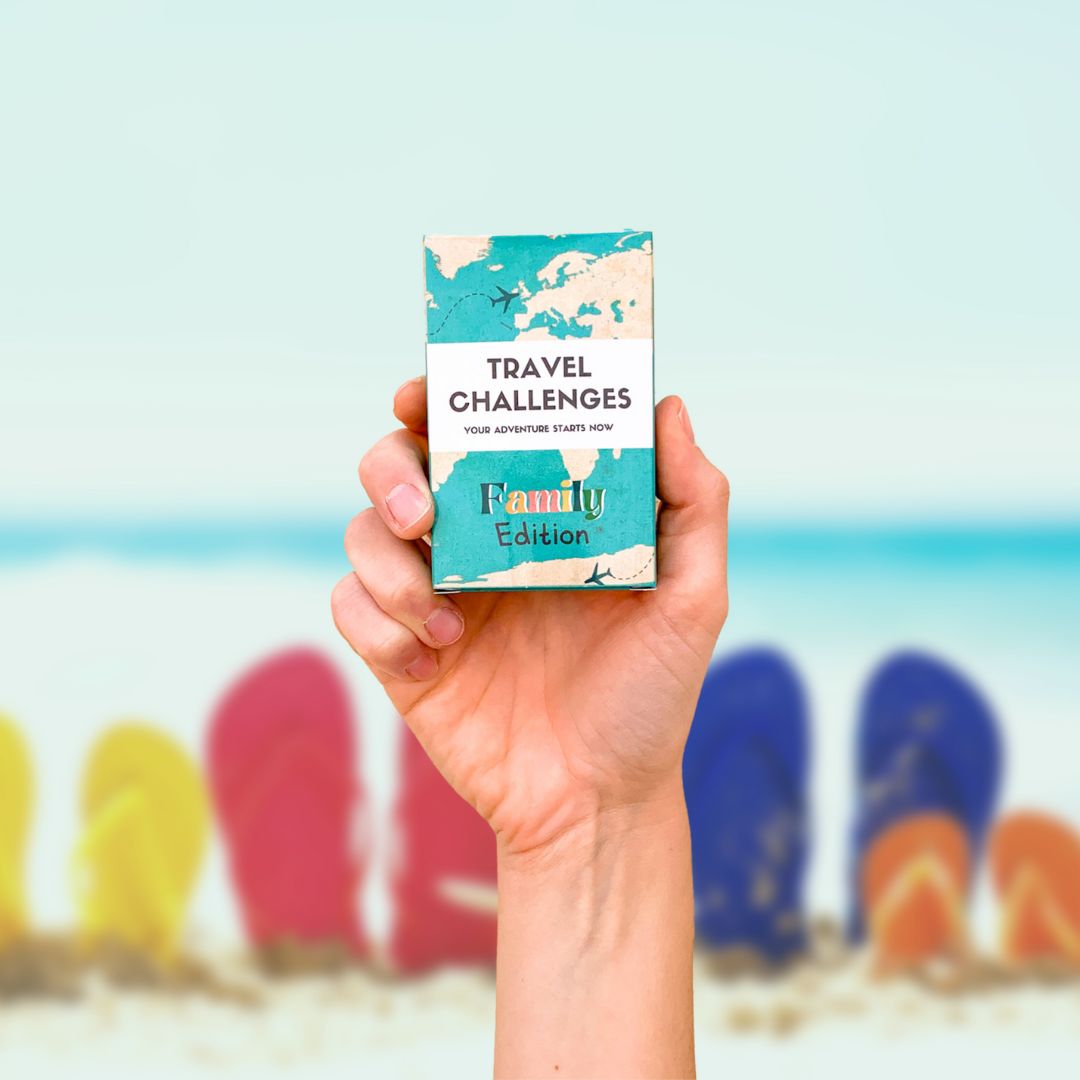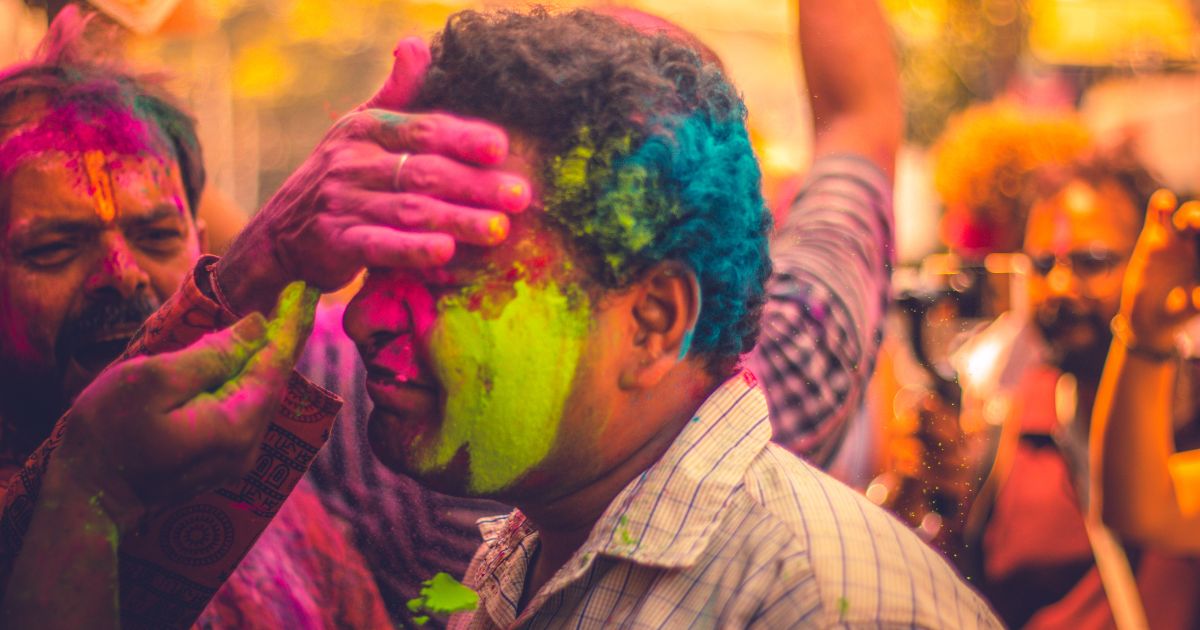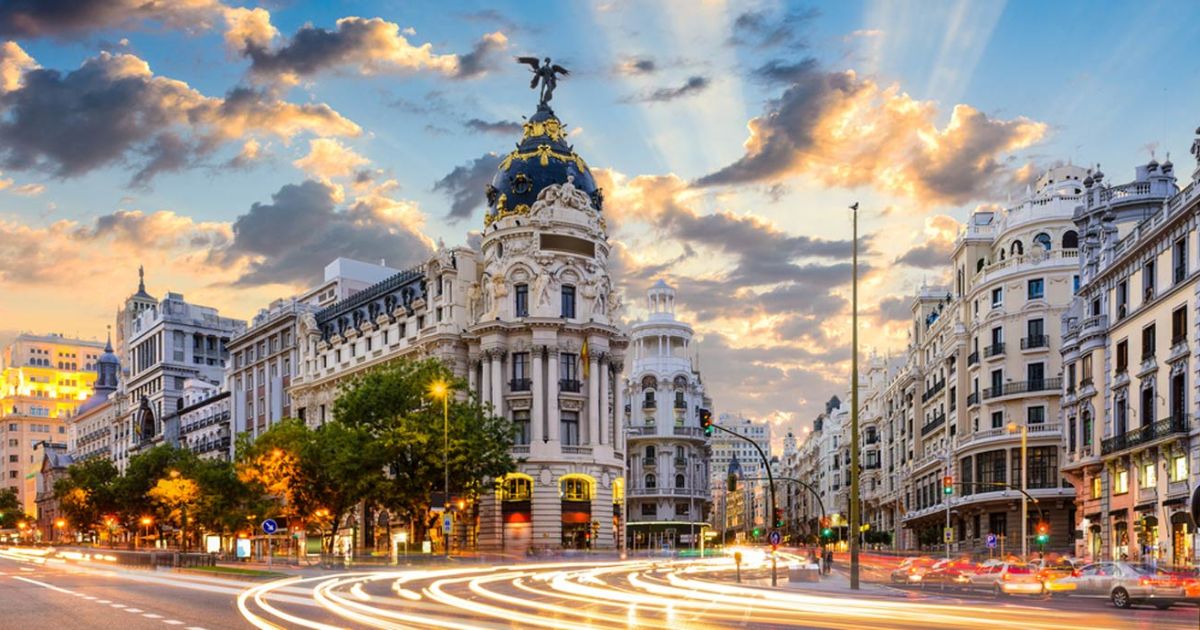St. Patrick's Day is a holiday that celebrates the patron saint of Ireland, St. Patrick. It is typically associated with the color green, parades, and celebrations of Irish heritage. However, there is much more to this holiday than meets the eye. In this blog post, we will explore the origins and significance of St. Patrick's Day beyond the typical festivities.
While St. Patrick's Day is certainly a celebration of Irish heritage, it is also a day that holds deep religious and cultural significance for many people around the world. From the life and legacy of St. Patrick to the evolution of St. Patrick's Day celebrations, there is much to learn about this holiday.
To help introduce the theme, here's an example of the challenge you might get from a card in the Travel Challenges deck. Namely:

The Origins of St. Patrick's Day
The life and legacy of St. Patrick
St. Patrick was a Christian missionary who lived in Ireland during the 5th century. He is known for bringing Christianity to Ireland and for using the shamrock as a symbol to explain the concept of the Holy Trinity. Despite the fact that he is the patron saint of Ireland, St. Patrick was not actually Irish himself.
The evolution of St. Patrick's Day celebrationsOver time, St. Patrick's Day evolved from a religious holiday to a celebration of Irish culture and heritage. It became an official holiday in Ireland in 1903 and eventually spread to other parts of the world. Today, it is celebrated by people of all backgrounds and has become a global phenomenon.
The Religious Significance of St. Patrick's Day
St. Patrick and Christianity in Ireland
St. Patrick is credited with bringing Christianity to Ireland, and his teachings had a profound impact on the country's culture and identity. The religious significance of St. Patrick's Day is still observed by many people, particularly those of Irish descent. For some, it is a time of reflection and prayer, while for others it is a time to attend mass or participate in other religious activities.
The importance of the shamrock
The shamrock is an important symbol of St. Patrick's Day and has religious significance as well. According to legend, St. Patrick used the shamrock to explain the concept of the Holy Trinity - three separate entities (the Father, Son, and Holy Spirit) that are all part of one divine being. Today, the shamrock is often used as a symbol of Ireland and Irish culture.
St. Patrick's Day Celebrations Around the World
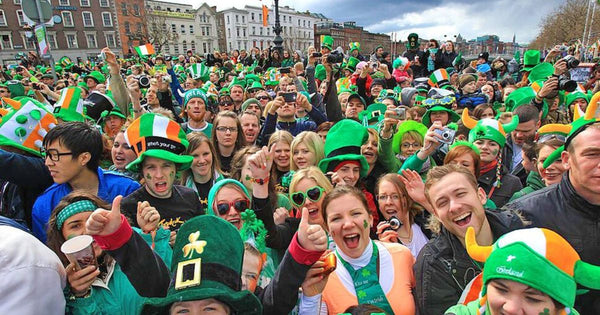
How St. Patrick's Day is celebrated in Ireland
In Ireland, St. Patrick's Day is a national holiday and is celebrated with parades, festivals, and other events. Many people attend mass or participate in other religious activities, and there are often fireworks displays and concerts as well. Traditional Irish foods like corned beef and cabbage and Irish soda bread are often served.
St. Patrick's Day parades and their origins
St. Patrick's Day parades are a popular way to celebrate the holiday in many parts of the world. The first St. Patrick's Day parade was held in New York City in 1762, and the tradition has since spread to other cities and countries. Today, St. Patrick's Day parades feature floats, marching bands, and other performances, and often attract large crowds.
St. Patrick's Day celebrations in the United States
St. Patrick's Day is a popular holiday in the United States, particularly in cities with large Irish populations like Boston and Chicago. In addition to parades and other festivities, many people celebrate by wearing green or drinking green beer. Traditional Irish foods like corned beef and cabbage are also popular.
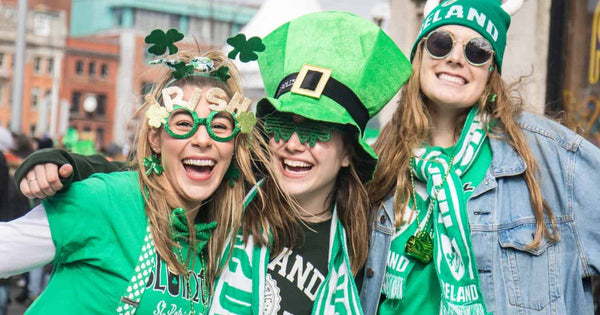
Traditional Irish Foods for St. Patrick's Day
Corned beef and cabbage
Corned beef and cabbage is a traditional Irish dish that is often served on St. Patrick's Day. The dish consists of corned beef (usually made from brisket) and boiled cabbage, potatoes, and carrots. It is typically seasoned with spices like bay leaves and peppercorns.
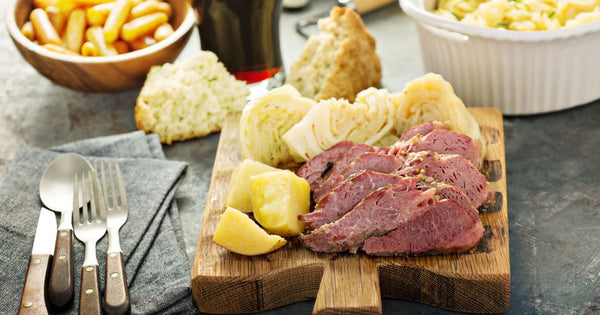
This is other one of the examples of a challenge that you can get from a card in our Travel Challenge deck to help you improve your experience at your destination:

Irish soda bread
Irish soda bread is a type of bread that is popular in Ireland and is often served on St. Patrick's Day. The bread is made with flour, baking soda, salt, and buttermilk, and has a distinctive texture and flavour.
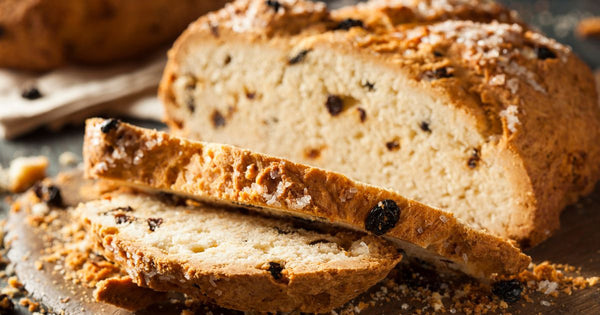
Shepherd's pie
Shepherd's pie is another traditional Irish dish that is often served on St. Patrick's Day. The dish consists of ground beef or lamb, vegetables like carrots and peas, and mashed potatoes on top. It is typically seasoned with herbs like thyme and rosemary.
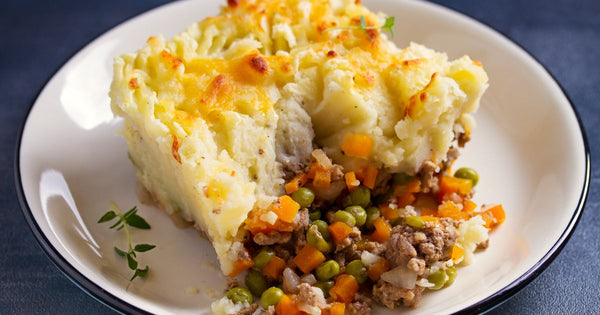
St. Patrick's Day is a holiday that celebrates the patron saint of Ireland and is typically associated with the color green, parades, and celebrations of Irish heritage. However, it is also a day that holds religious significance for many people, particularly those of Irish descent.
Whether you're celebrating St. Patrick's Day in Ireland or elsewhere in the world, there are many ways to make the day even more special. You can try traditional Irish foods like corned beef and cabbage or Irish soda bread, attend a parade or other festivities, or learn more about the history and culture of Ireland.
If you're planning a trip to Ireland or any other destination, consider purchasing our deck of travel challenge cards. With 50 unique challenges designed to help you explore your destination in a new way, these cards are a fun and exciting way to take your travels to the next level. Order now and start planning your next adventure!






